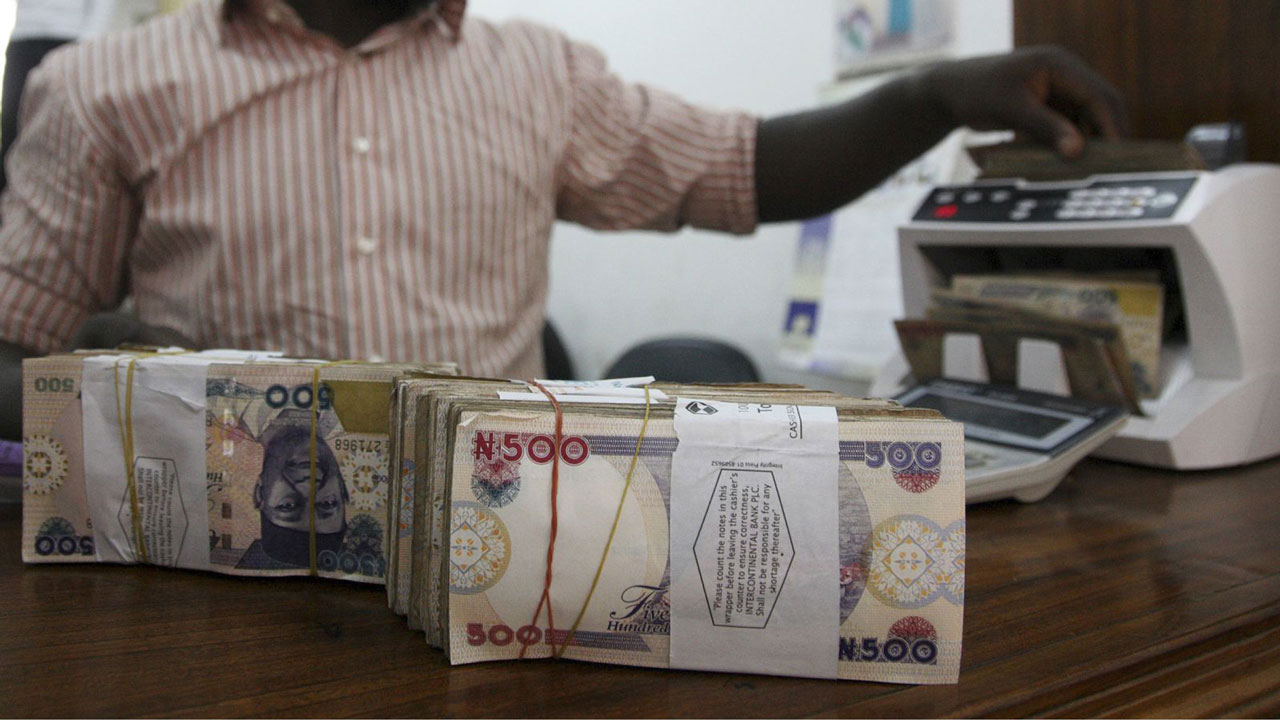Total Currency-in-Circulation (CIC) rose by 0.8 percent to N2.3 trillion as at the end of December 2018 according to the 2018 Annual Report released by the Central Bank of Nigeria (CBN) through the Currency Operations Department (COD).
This rise in circulation according to the report reflected the high dominance of cash in the economy and increase in economic activities.
In terms of volume, the proportion of higher denomination banknotes – N100, N200, N500 and N1000 in total rose from 41.9 percent to 44.3 percent while in terms of value, it rose from 96.9 percent to 97.6 percent.
On the other hand, the lower denomination currency notes – N5, N10, N20 and N50 continued to be dominant in terms of volume compared to higher notes as it constituted 55.7 percent of the total, while in value terms, it constituted only 2.4 percent of the total banknotes.
The ratio of CIC to nominal GDP, which measures the moneyness of the economy recorded slight falls by 0.1 percentage point to 1.8 percent in the period under review and according to the report, this decline occurred as a result of increase in e-payment products such as electronic payment cards
The report also indicated that the COD during the period under review recorded significant progress in the accomplishment of its strategic objectives, which included: development of a Clean Notes Policy and Banknote Fitness Guidelines; the tiered pricing for the processing of lower denomination banknotes, increased volume of issuable banknotes and effective distribution of banknotes.
It also registered more Cash-In-Transit (CIT) and Cash Processing Companies (CPC), which encouraged private sector participation; commissioning of the temporary exhibition “Naira Our National Pride” for public enlightenment on banknote basic security features.

Other noteworthy achievements made in 2018 include the development of the Cash Activity Reporting Portal (CARP) for transmission of financial industry currency management data to Nigeria Inter-Bank Settlement System (NIBSS); approval granted by management for the establishment of mobile courts, in collaboration with Legal Services Department (LSD), for the speedy prosecution of suspects apprehended for currency-related offences; and a pilot run on recycling of banknotes waste into re-usable materials to reduce its carbon footprints and comply with environmental sustainability practices.
Source: businesspostng





